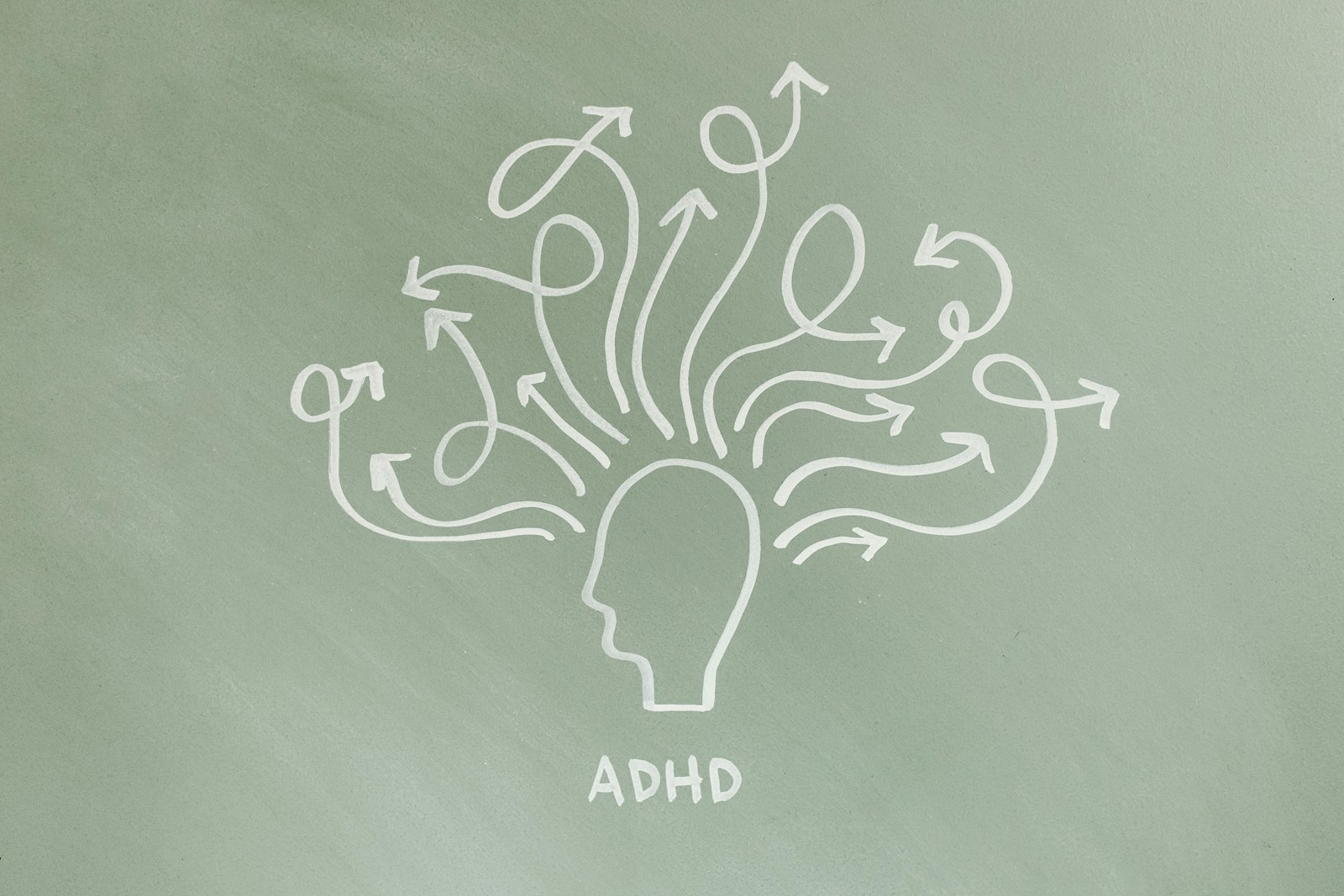For many years, attention deficit disorder (ADD) was understood to be a condition affecting only children. That was wrong. Adults suffer from it, too.
First, here’s a quick primer on ADD and ADHD (attention-deficit/hyperactivity disorder). There are actually three types of ADD acknowledged in the Diagnostic and Statistical Manual of Mental Disorders, the official diagnostic nomenclature developed by the American Psychiatric Association. These include ADD, characterized primarily by inattentiveness and distractibility; ADHD, most noticeable due to the feature of hyperactivity; and a combined type where a person has symptoms of both of the first two varieties.
For many years, these disorders were thought to be the exclusive province of childhood. But, in recent years, the psychiatric community has come to understand that the condition is not always “outgrown,” treated or not, and that, as a consequence, there are indeed adults who continue to suffer with grown-up versions of the symptoms that impacted their lives as children.
Children with these disorders are most usually identified in early grade school, when they are expected to sit still and focus on specific, assigned tasks for periods of time. The schools then call the phenomenon to the attention of the parents, often recommending an ADHD evaluation for the child. If a child actually has the condition, the most consistently successful intervention is medication.
Adults who continue to have trouble focusing, behaving non-impulsively or sitting still can’t count on a teacher to spot it. For adults, it oftentimes can be seen at work. People lose jobs when they can’t stay focused on their work, and, just like many children who have this condition and are undiagnosed and untreated, they begin to feel that they are deficient, that something is wrong with them. They often begin to collect other symptoms arising from the untreated attention problem, like low self-esteem, lack of confidence, depression and getting into trouble, as it’s difficult for them to think before they act.
No matter how old a person is or what behaviors may have developed to “cover” for the inattentiveness over time, the condition remains usually treatable — often with the same psychopharmacological (medicine) interventions used with children. Various psychostimulants are commonly used. Mild pharmaceutical stimulants like Concerta, Ritalin and Adderall are a few of the most commonly prescribed examples, as are Strattera, Wellbutrin, Imipramine and others, which are not directly stimulants but seem to often have a palliative impact on ADD and ADHD.
There is no right medicine or correct dose for everyone. The dosage and medicine must be prescribed and monitored by a physician with training in this area and may wind up being adjusted and changed several times in the early months of treatment before arriving at the optimal prescription for any individual. Most doctors begin with low doses and increase them gradually until the dose that has the best impact with the fewest untoward effects is found.
Many medicines have side effects, and these need to be considered along with the hoped-for improvements to allow for a thoughtful and deliberate decision. Many of the medicines used to treat it are fast-acting, and a person can know in a matter of days whether or not the medicine is making the desired difference. The psychostimulants, particularly, have been well researched and are generally regarded as being quite safe for either children or adults.
If you suspect that you may suffer from the kind of symptoms I have described, have a talk with your doctor. They may recommend an evaluation by a specialist, either a psychiatrist or a non-medical specialist, such as a licensed clinical social worker or marriage and family therapist, with specialized training and experience in assessing adults for ADHD.
Don’t cheat yourself out of getting the most you can out of the rest of your life. It could be the case for anyone, whether or not they had the condition diagnosed in childhood.
San Anselmo resident David Reinstein is a retired licensed clinical social worker.



 PREVIOUS ARTICLE
PREVIOUS ARTICLE
